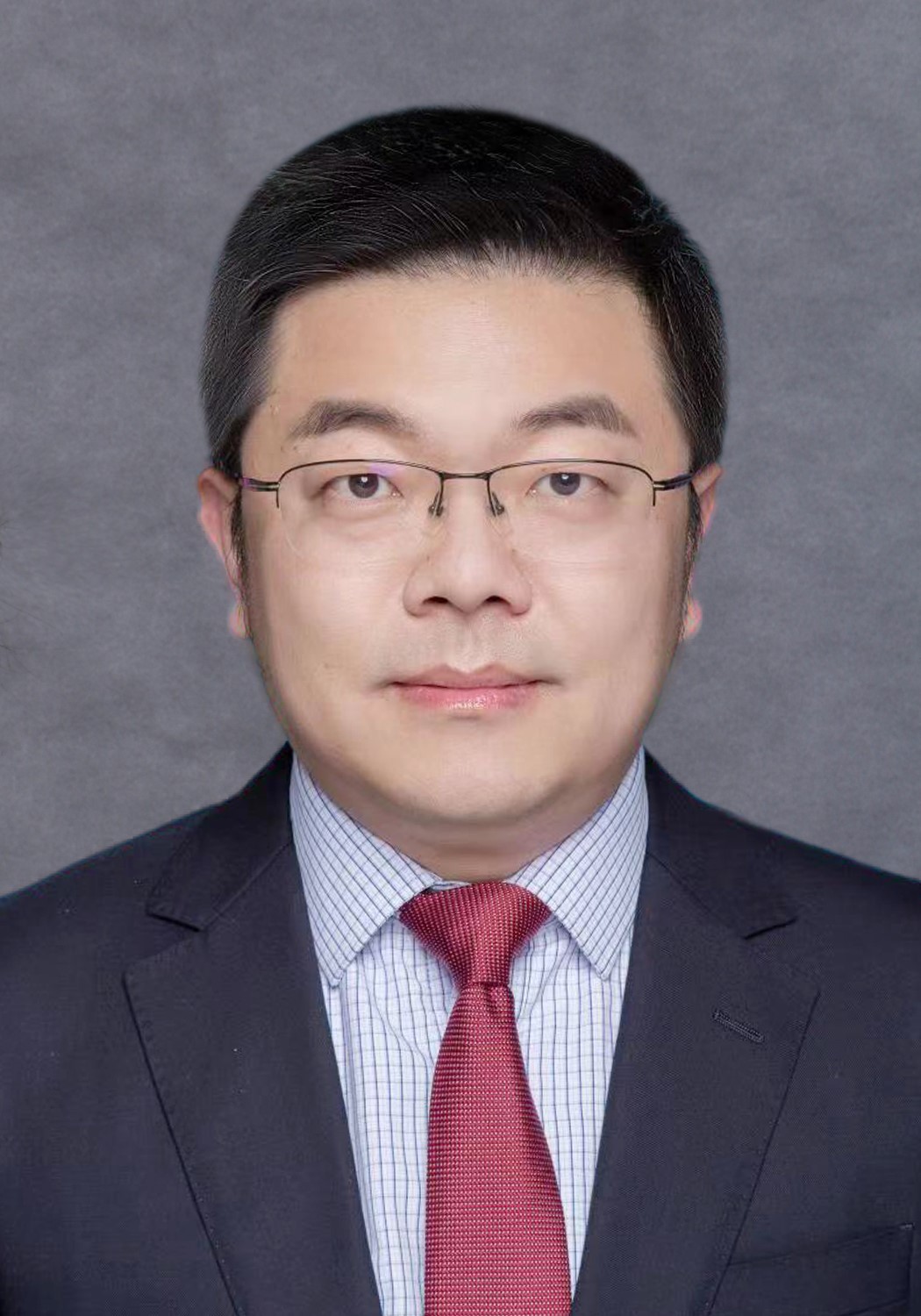
|
E-mail: zhongbo@whu.edu.cn
Website:
|
Biography
Education
2001.9-2005.6 B.A. in English, Foreign Languages Department, China University of Geosciences, Wuhan, China
2003.2-2005.6 B.S. in Biological Sciences, College of Life Sciences, Wuhan University, Wuhan, China
2005.9-2010.6 Ph.D. in Cell Biology, College of Life Sciences, Wuhan University, Wuhan, China
Employment
2010.07-2013.05 Postdoctoral Fellow, Department of Immunology, The University of Texas, MD Anderson Cancer Center, Houston, TX
2013.03-present Professor, College of Life Sciences, Wuhan University, Wuhan, China
2016.09-present Professor, College of Life Sciences/Medical Research Institute, Wuhan University, Wuhan, China
Research
Dr. Zhong’s research interest is focused on the mechanisms and targeted therapy of infection-related inflammation, autoimmunity, and tumorigenesis and metastasis. His group has characterized several key proteins involved in ubiquitination and deubiquitination-mediated temporal and spatial regulatory mechanisms of antiviral immune signaling and inflammation. In addition, he has demonstrated that these key molecules and mechanisms are involved in autoimmunity and tumorigenesis and that targeting these molecules effectively inhibits the progression of autoimmune diseases and cancers. These findings not only advance the understanding of inflammation and tumorigenesis, but also provide potential therapeutic strategies for the related diseases.
Dr. Zhong’s group has published more than 70 peer-reviewed papers in prestigious journals such as Nat Immunol, Immunity, JEM, Nat Cancer, Cell Res, PNAS etc. He also received many awards, including Gu Xiaocheng Lecture Award, AAI Laboratory Travel Grant and CST-Young Investigator Award.
Representative Publications
1. Yang W#, Dong HP#, Wang P#, Xu ZG, Xian J, Chen J, Wu H, Lou Y, Lin D*, Zhong B*. IL-36g and IL-36Ra reciprocally regulate colon tumorigenesis by modulating the cell-matrix adhesion network and Wnt signaling. Adv Sci, 2022, 9(10): 2103035. doi: 10.1002/advs.202103035.
2. Wang P#, Yang W#, Guo H, Dong HP, Guo YY, Gan H, Wang Z, Cheng Y, Deng Y, Xie S, Yang X, Lin D*, Zhong B*. IL-36g and IL-36Ra reciprocally regulate NSCLC progression by modulating GSH homeostasis and oxidative stress-induced cell death. Adv Sci, 2021, 8(19): 2101501. doi: 10.1002/advs.202101501.
3. Zhang M#, Yang W#, Wang P, Deng Y, Dong YT, Liu FF, Huang R, Zhang P, Duan YQ, Liu XD, Lin D*, Chu Q*, Zhong B*. CCL7 recruits cDC1 to promote antitumor immunity and facilitate checkpoint immunotherapy to non-small cell lung cancer. Nat Commun, 2020, 11: 6119.
4. Zhang ZD#, Xiong TC#, Yao SQ, Wei MC, Chen M, Lin D, Zhong B*. RNF115 plays dual roles in innate antiviral responses by catalyzing distinct ubiquitination of MAVS and MITA. Nat Commun, 2020, 11: 5536. Nov 2, doi: 10.1038/s41467-020- 19318-3.
5. Wang XM, Yang C, Zhao Y, Xu Z, Wang P, Yang W, Lin D, Xiong B, Fang J, Dong C, Zhong B*. USP25 supports colonic inflammation and bacterial infection and promotes colorectal cancer. Nat Cancer, 2020, 1: 811-825. July 6, doi: 10.1038/s43018-020-0089-4.
6. Zhang Q, Tang Z, An R, Ye L, Zhong B*. USP29 maintains the stability of cGAS and promotes cellular antiviral responses and autoimmunity. Cell Res, 2020, 30, 914- 927. May 26, doi: 10.1038/s41422-020-0341-6.
7. Cai Z, Zhang MX, Tang Z, Zhang Q, Ye J, Xiong TC, Zhang ZD, Zhong B*. USP22 promotes IRF3 nuclear translocation and antiviral responses by deubiquitinating the importin protein KPNA2. J Exp. Med., 2020, 217, 5: e20191174.
8. Liuyu T, Yu K, Ye L, Zhang Z, Zhang M, Ren Y, Cai Z, Zhu Q, Lin D, Zhong B*, Induction of OTUD4 by viral infection promotes antiviral responses through deubiquitinating and stabilizing MAVS. Cell Res, 2019, 29(1):67-79.
9. Zhao Y, Wang XM, Wang Q, Deng Y, Li K, Zhang M, Zhang Q, Zhou J, Wang HY, Bai P, Ren Y, Zhang N, Li W, Cheng Y, Xiao W, Du HN, Cheng X, Yin L, Fu X, Lin D, Zhou Q, Zhong B*, USP2a supports metastasis by tuning TGF-b signaling. Cell Rep, 2018, 22(9):2442-2454.
10. Sun H#, Zhang Q#, Jing YY, Zhang M, Wang HY, Cai Z, Liuyu T, Zhang ZD, Xiong TC, Wu Y, Zhu QY, Yao J, Shu HB, Lin D, Zhong B*. USP13 negatively regulates antiviral responses by deubiquitinating STING. Nat Commun. 2017, May 23; 8:15534. 10.1038/NCOMMS15534.